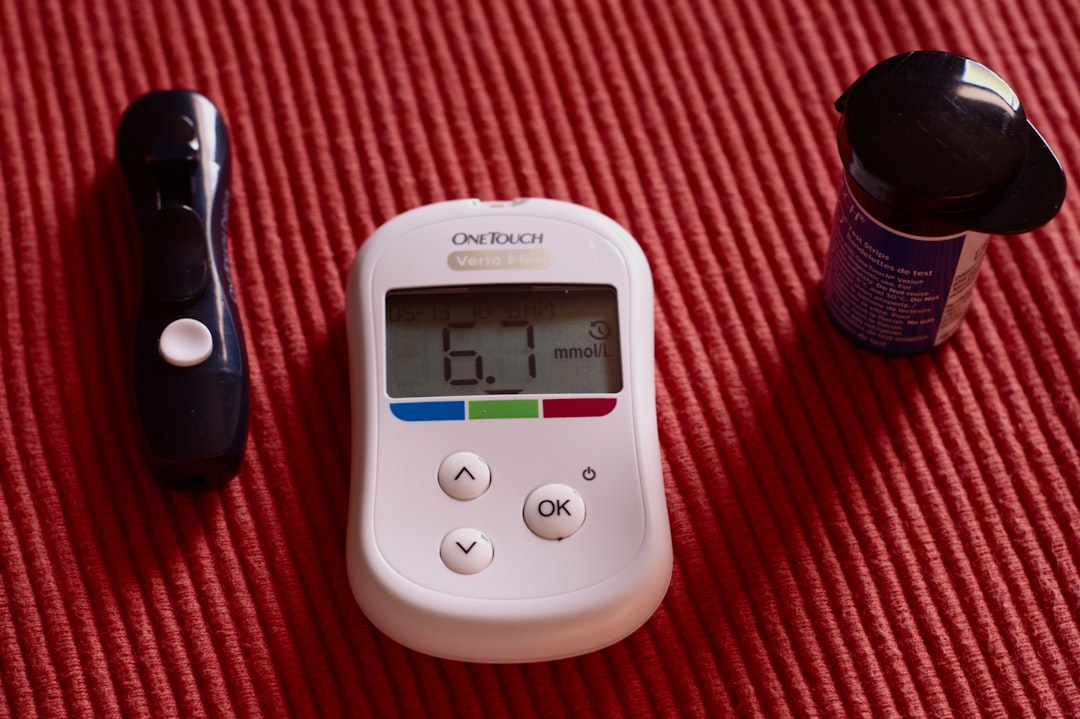With the advent of new technologies, there is a promise for better ways for people living with diabetes to manage their conditions. For instance, big data is helping in the sourcing of the Electronic Health Record (EHR), a large record of patient’s health information, that is developed from a visit to the doctor, and data from wearable devices. EHR, with the help of big data technologies, streamlines workflow, and enhances research in the care of diabetic patients. With big data algorithms, it is easy to determine whether a person would require hospitalization or not accurately. Such data can help treat diabetes earlier with high precision than ever before.
Better research
Researchers are in the advanced stage of studying how big data and artificial intelligence can be used to evaluate the data of diabetics from glucose monitors and insulin pumps. This information will be used to improve algorithms that control wearable devices for diabetics. In the process, improved algorithms that control these wearables are improved, and the lives of diabetics are enhanced. Up until recently, individuals with diabetes had to test their blood sugar levels manually. However, with new monitors, wearables can collect their information and determine whether their blood sugar is trending unusually high or low.
On the other hand, Alphabet, the parent company of Google, has been looking into the possibility of measuring blood sugar levels without using traditional fingersticks. There are a number of alternatives to fingersticks that have been investigated. One of the most sought after alternative was led by Alphabet’s Verily. Verily’s concept was based on contact lenses, that could measure the levels of glucose in human tears. Although the concept was abandoned due to the inability to link glucose levels in tears to that in blood, it has proven that other approaches can be used to measure human sugar levels and collect data aside from fingersticks.
By collecting data, hospitals and other healthcare providers can quickly identify the patients that will benefit from a shift in treatment and prevent complications that may arise from other diseases. With precision medicine, massive amounts of information are gathered from patients, processed, and patterns drawn from the information. A physician can then use the information to prescribe specific medication as suggested by data. Medication can be prescribed based on the symptoms of patients from wearable devices or information form past hospital visits.
Through big data, personalized care leads to improved patient outcomes and even makes the prevention of complications easy. Using big data in healthcare has improved the quality of life for diabetics and, at the same time, reduced the possibility of complications. This has saved millions of dollars that could have been spent in healthcare, especially in chronic diseases such as diabetes.
Technologies that are based on big data such as the FreeStyle Libre system are some of the systems that show the potential of big data in the management of diabetes. If properly used, big data can not only improve the management of glucose levels in the bodies of patients but can also offer a massive wealth of information for future treatment of others with similar conditions. Big data offers endless possibilities for proper improvement of disease management.

